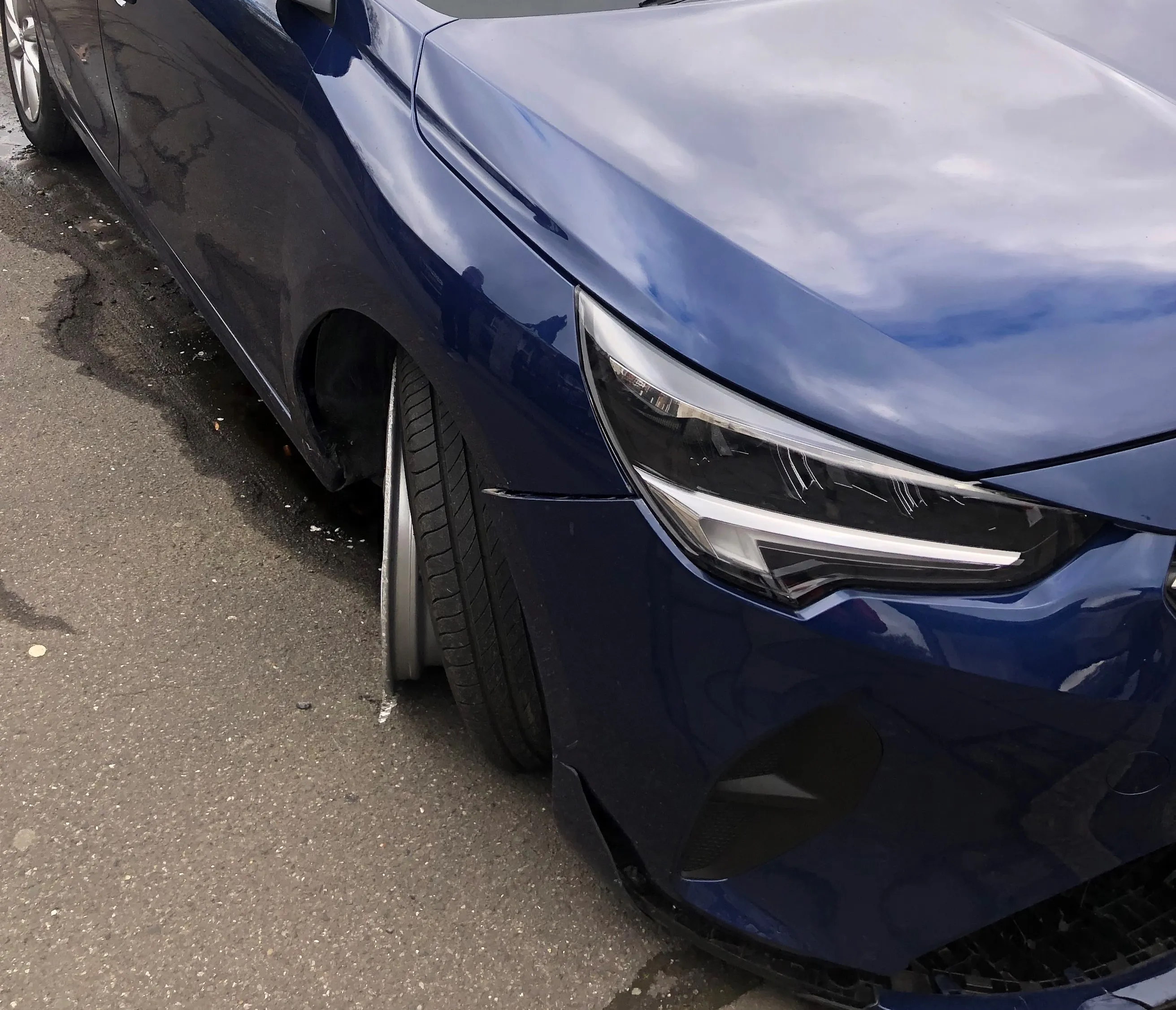New laws being established in the UK will crack down on those driving under the influence of illegal drugs. A panel of experts has been appointed by the UK Government to investigate the various issues involved. Existing laws in the UK have been described as inadequate to address the issue, prompting this move. There is a large body of research showing that illegal drug use presents a serious problem to road safety in the UK and other nations. Studies show links between drug use, criminal activity, varying v
April 16, 2012
Read time: 3 mins
New laws being established in the UK will crack down on those driving under the influence of illegal drugs. A panel of experts has been appointed by the UK Government to investigate the various issues involved. Existing laws in the UK have been described as inadequate to address the issue, prompting this move.
There is a large body of research showing that illegal drug use presents a serious problem to road safety in the UK and other nations. Studies show links between drug use, criminal activity, varying vehicle offences and increased risk of accidents at the wheel. This has also been shown in other European countries as well as in the US.
Other countries aware of the problem include India and Thailand. However, the UK's panel of 10 experts faces a task that is anything but simple. Different combinations of illegal drugs, alcohol or prescription medicines can have different effects on the system. A driver who may be within the allowable limit for alcohol in the bloodstream may well be facing a major impairment to ability when also taking medically prescribed antibiotics for example. With so many drugs and so many potential combinations, the panel will have to establish a legally binding framework on which prosecutions for offenders could be based.
The permissible levels are also the matter of some discussion. Some campaigners believe that there should be zero tolerance regarding the presence of drugs such as cannabis, which may be present in the bloodstream for up to 30 days after initial consumption. Others say that as the drug's presence in the bloodstream will only affect driving ability for the first 24 hours or so, the law should focus on the quantities of cannabis present in the system. As some prescription drugs or medication available over the counter in Europe contain synthetic opiates, the ruling on allowable levels will also have to be set very carefully.
There are existing standards that could be followed though. Australia is a leader in tackling the problem of people driving under the influence of drugs, with police able to carry out roadside checks on suspects using saliva testing kits. These will give a result within five minutes as to whether a person has consumed various illegal substances.
The need for this new law is clear. One study suggests that 10% of UK drivers in the 17-24 age range have illegal drugs present in the bloodstream while at the wheel, with reports of a similar problem in an array of EC countries. The UK's5432 Department for Transport (DfT) data suggests driving under the influence of drugs was a contributory factor in 1,094 road traffic accidents during 2010. Of these, 51 were fatal accidents.
DfT figures also show that there were 250 fatalities resulting from drink driving in 2010, around 14% of the overall figure for road deaths recorded during the year.
There is a large body of research showing that illegal drug use presents a serious problem to road safety in the UK and other nations. Studies show links between drug use, criminal activity, varying vehicle offences and increased risk of accidents at the wheel. This has also been shown in other European countries as well as in the US.
Other countries aware of the problem include India and Thailand. However, the UK's panel of 10 experts faces a task that is anything but simple. Different combinations of illegal drugs, alcohol or prescription medicines can have different effects on the system. A driver who may be within the allowable limit for alcohol in the bloodstream may well be facing a major impairment to ability when also taking medically prescribed antibiotics for example. With so many drugs and so many potential combinations, the panel will have to establish a legally binding framework on which prosecutions for offenders could be based.
The permissible levels are also the matter of some discussion. Some campaigners believe that there should be zero tolerance regarding the presence of drugs such as cannabis, which may be present in the bloodstream for up to 30 days after initial consumption. Others say that as the drug's presence in the bloodstream will only affect driving ability for the first 24 hours or so, the law should focus on the quantities of cannabis present in the system. As some prescription drugs or medication available over the counter in Europe contain synthetic opiates, the ruling on allowable levels will also have to be set very carefully.
There are existing standards that could be followed though. Australia is a leader in tackling the problem of people driving under the influence of drugs, with police able to carry out roadside checks on suspects using saliva testing kits. These will give a result within five minutes as to whether a person has consumed various illegal substances.
The need for this new law is clear. One study suggests that 10% of UK drivers in the 17-24 age range have illegal drugs present in the bloodstream while at the wheel, with reports of a similar problem in an array of EC countries. The UK's
DfT figures also show that there were 250 fatalities resulting from drink driving in 2010, around 14% of the overall figure for road deaths recorded during the year.








